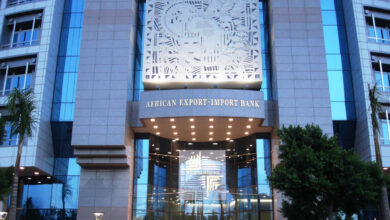Bright Simons Warns Against “Currency Machoism” in Ghana’s Exchange Rate Management

Policy analyst Bright Simons of IMANI Africa has raised concerns over Ghana’s handling of exchange rate debates, arguing that political posturing is preventing meaningful discussion about currency overvaluation.
In a post shared on X (formerly Twitter), Simons compared Ghana’s situation to Britain, where central banks themselves often signal aggressive stances when overvaluation arises. In Ghana, however, he said monetary authorities have long tied their credibility to “strengthening the currency” instead of focusing on stability, their true mandate. This, he argued, creates a culture of “currency machoism.”
Simons noted that concerns about currency overvaluation are not unique to Ghana, pointing to IMF pressure on the UK between 2014 and 2017 and Argentina’s battles with flawed inflation data. He stressed that overvaluation is not merely an ideological concern, but a classical economics issue that undermines competitiveness by suppressing exports and dampening growth.
Yet, in Ghana’s case, Simons believes the real impact is less about growth figures and more about the way overvaluation fuels capital flight. He explained that when the cedi is overvalued, domestic currency often gets misallocated to arbitrageurs who convert it into foreign exchange without supporting the current account, leading to sharp corrections and extreme volatility.
“The rollercoaster in Ghana from overvaluation to undervaluation tends to be way more brutal. Almost every time,” he cautioned.
While debates about whether the cedi is overvalued remain unsettled, Simons said the real challenge is the lack of open policy dialogue. In other countries, economists use different real exchange rate models to test and debate the issue until a consensus emerges. In Ghana, he argued, politics has silenced that necessary debate.




